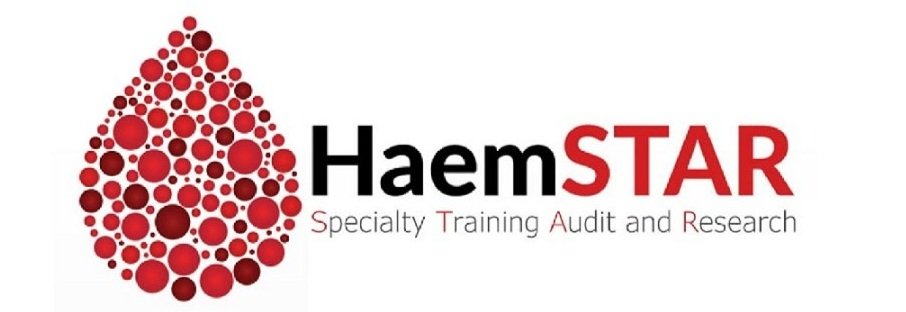Find your regional lead
East Midlands - South
Dr Shyamala Chinnabhandara - shyamala.chinnabhandara@nhs.net
East Midlands - North
Dr Daniel Kajita - d.kajita@nhs.net
East of England
Dr Juan Tan - Juan.Tan@nnuh.nhs.uk
Greater Manchester
Dr Odong Ochaya - odong.ochaya1@nhs.net
Dr Hassan Shabbir - hassan.shabbir1@nhs.net
London - North Central
Dr Laura Mawer - laura.mawer@nhs.net
London - North West (Imperial)
Dr Hannah Devine - hannah.devine5@nhs.net
London - South - KCL
Dr Elizabeth Marrinan - elizabeth.marrinan@nhs.net
London - South - GSTT
Dr Catrin Cox - catrincox@nhs.net
London - South - St Georges
Dr Rosemary Barker - rosemary.barker@nhs.net
Kent Surrey Sussex - KSS
Dr Taran Nandra - taran.nandra@nhs.net
North East & North Cumbria
Dr Yashashree Gupta - yashashree.gupta@nhs.net
North Thames (Bart’s)
Dr Noma Tshuma - nomathamsanqa.tshuma@nhs.net
Dr Sarah Idris - sarah.idris1@nhs.net
North West England & Mersey
Dr Jeremy Schofield - Jeremy.Schofield@nhs.net
Northern Ireland
Dr Julian Costello - Julian.Costello@belfasttrust.hscni.net
Oxford and Thames Valley
Dr Suzanne Maynard - suzanne.maynard@trinity.ox.ac.uk
Republic of Ireland
Dr Giao Le - legi@tcd.ie
Scotland - South East
Dr Anjali Shrestha - anjali.shrestha@nhs.scot
Scotland - East
Dr Christopher Mullen - christopher.mullen@nhslothian.scot.nhs.uk
Scotland - Highlands
Dr Jane Rutherford - jane.rutherford@nhs.scot
Scotland - West
Dr Laura Knox - laura.knox2@nhs.scot
Scotland - North
Dr Abhinav Mathur - abhinav.mathur@nhs.scot
South West Peninsula
Dr Sam Wiltshire - samuel.wiltshire1@nhs.net
Dr Angharad Everden - a.everden@nhs.net
Wales
West Midlands
Dr Walaa Saad - Walaa.saad@nhs.net
West of England (Severn)
Dr Yen Yeo - yen.yeo@nhs.net
Dr Amy Cooper - Amycooper@doctors.org.uk
Wessex
Dr Tim Ebsworth - Tim.ebsworth@uhs.nhs.net
Yorkshire - South
Dr Lucy Rose - lucy.rose1@nhs.net
Dr Yasir Alhamdi - yasir.alhamdi@nhs.net
Yorkshire - West
Dr Mevish Ul-Haq - mevish.ul-haq@nhs.net
Aligned with the aims for HaemSTAR, a regional lead’s principal aim is to increase the number of participants recruited into haematology clinical research nationally.
Consultant Haematologist Allie Delaney talks about the benefits of being a regional rep
Each region is normally aligned to the equivalent NIHR LCRN but some regions are very large, and the role is subdivided. A HaemSTAR regional lead acts as the main contact point and co-ordinator of HaemSTAR activity within their region. This means that people from within a region would use the regional lead as their main contact point for HaemSTAR-related queries and also that the national HaemSTAR committee would use each regional lead as a conduit for communication to members/participants in that region. It also means that the regional lead should have an overview of all HaemSTAR activity that is occurring in their region and be in communication with participants in studies to encourage and troubleshoot as appropriate.
It is intended that each HaemSTAR regional lead will work closely with the LCRN. In particular they should liaise closely with the regional Clinical Specialty Lead (CSL) and be mentored by them. They should aim to attend at least 50% of their local haematology clinical research network meetings and will also be invited to join the national haematology clinical research network meeting in London. They will have access to free NIHR courses on clinical trials, leadership and management. They will attend site initiation visits and investigator meetings where appropriate. It is anticipated that the HaemSTAR regional lead will be supported to perform the role of Principle Investigator of a study at their hospital site. The exact remit of the role will be determined in each region by the local CSL according to the research needs in the region.
It is optional that a regional lead might also take on the role of leading on a specific HaemSTAR project, but these roles can be performed separately.
HaemSTAR regional lead posts will initially last for six months, followed by a review with the local haematology clinical research network lead. Posts can then be extended for up to 36 months in total.
